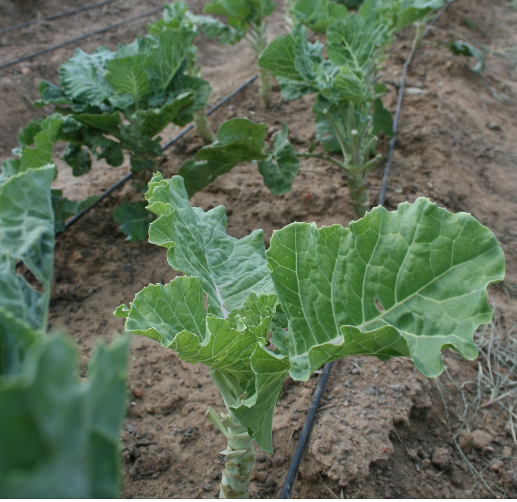

Prices of vegetables that many Kenyans consider the cheapest way to feed their families are rising sharply, leaving households with fewer affordable options.
The latest Consumer Price Index (CPI) report from the Kenya National Bureau of Statistics (KNBS) shows that the cost of food and non-alcoholic beverages rose by 8.3 per cent in August 2025 compared to the same month last year.
Vegetables led the surge, with cabbages, carrots, sukuma wiki and tomatoes recording the highest jumps.
Cabbages increased by 6.3 per cent between July and August, and were 14.9 per cent higher than a year ago.
Carrots rose by 2.4 per cent over the month and 24.3 per cent year-on-year. Sukuma wiki prices went up by 1.9 per cent over the month and 17 per cent in a year.
Tomatoes recorded the sharpest rise, climbing 1.2 per cent in August and a massive 38.3 per cent year-on-year.
“Over the twelve months until August 2025, the food and non-alcoholic beverages division price level rose by 8.3 per cent,” KNBS said.
The CPI data shows why budget-friendly greens aren’t cheap anymore. The pressure comes not only from the farm, but also from the cost of getting food to the plate.
The rise comes even as some energy costs fell, petrol prices dropped by 0.5 per cent between July and August, and electricity charges for the 50kWh band declined by 2.3 per cent.
Yet, this relief has not brought down the cost of vegetables.
The high cost of moving food from farms to markets leads to a rise in the price of vegetables in the country.
“Passenger transport costs rose significantly, with the country bus/matatu fare for the Mombasa to Nairobi route recording a sharp increase of 15.4 per cent.”
Local transport costs also went up, including a 1.5 per cent rise in tuk-tuk fares.
These transport pressures are passed on to consumers, pushing up food prices even when fuel itself is slightly cheaper.
The report also shows that non-core inflation, which covers volatile items such as food, hit 9.2 per cent in August, compared to core inflation at 3.0 per cent.
This leads to unpredictable supply, weather shocks, and transport costs, making vegetables more expensive.














